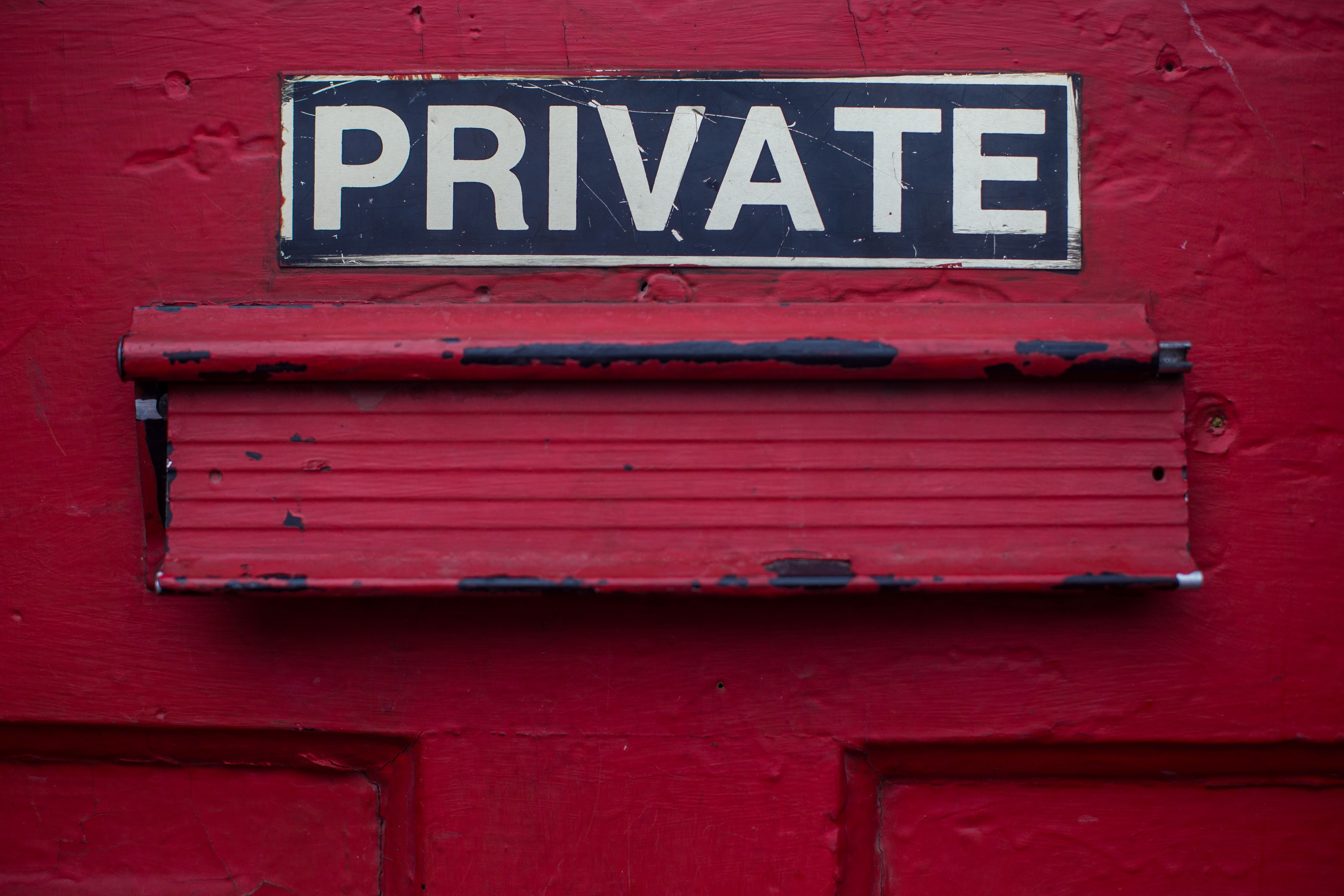The publication of private messages sets a worrying precedent
After the publication in this paper of a report that eleven Warwick students had been suspended due to private group chat messages sent on Facebook, the Student Publication Association tweeted in support, saying that ‘This is what student journalism is about.’ I could not disagree more. I have read the messages in question and while they are incredibly distasteful, they were also not for public consumption. The fact that certain individuals have gone out of their way to access and screenshot these messages does not discount the fact that they were part of a private conversation. By all means, those who were members of the message thread should feel the full force of the social stigma of what they have said. However, the fact that their private messages have become the both the subject of an article in The Boar and an official university investigation sets a concerning precedent.
At this point, I’m sure that many people reading this will think that I am in some way condoning the content of the messages in question. This could not be further from the truth. But consider the wider implication of this scandal. Private information is now fair game for both official university investigations and student journalism. There are some who have triumphantly celebrated the suspension of these students. They should take a long hard look at their own private messages and ensure none contain anything that could be construed as objectionable. Whilst there is no excuse for the messages we have seen this week, Warwick has set a precedent in the action it has taken. Anyone is now vulnerable to the use of private information, not only to damage their reputation, but to threaten their education altogether. We should also be mindful of the fact this is an ongoing investigation and that messages refer to specific individuals. Is it in the interests of the investigation for them to be published?
As student journalists, we should be careful not to undermine our credibility by dredging social media for the worst expressions of personal character, rather than investigating genuine news stories
Moreover, the trend towards scouring social media for damaging personal information represents a toxic deterioration in how we relate to each other as students, and how student media reports the news. Consider the recent case of the outgoing President of Warwick Pride, who was convicted by the court of social media over comments they made on Twitter. The tweets were unquestionably ill-advised and dismissive of certain members of the LGBT+ community, but I disagreed with their publication in The Tab.
As student journalists, we should be mindful not to undermine our credibility by dredging social media for the worst expressions of personal character, rather than investigating genuine news stories. This becomes even more relevant when the information in question has been obtained from private communications. While we may hold extremely negative perceptions of another person’s views or character, I do not think anyone other than a few extremist individuals would like student culture to become antagonistic, characterised by accusation and counter-accusation based on evidence found on Twitter or Facebook.
In many ways, social activist students enjoy a symbiotic relationship with those who make deliberately offensive jokes and comments
This story has seen a predictable reaction on social media, with many students expressing their displeasure with the messages. However, in many ways, social activist students enjoy a symbiotic relationship with those who make deliberately offensive jokes and comments. The former needs the latter to enable their self-perception of being morally superior. The latter need the disapproval of the former in order to feel like their edgy humour is breaking social taboos. Most students do not really endorse the views of either, but in the last few years it is exactly these groups have dominated the tone of student politics and journalism.
I understand and share the disgust that many of my peers feel about these messages. However, we should not allow our emotions surrounding this case to overawe our principles. If we have now decided that the private messages of the worst amongst us are legitimate targets, then we had all better be willing to live with the consequences. We need to find a way to express our disagreement with tasteless humour other than attempting to get each other expelled from university. If this becomes the norm, we will all live to regret it.

Comments